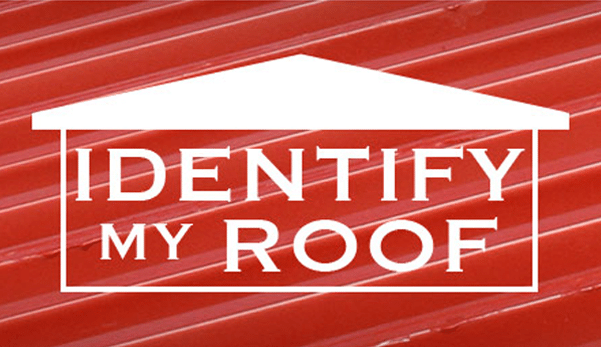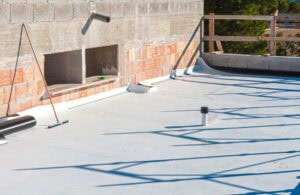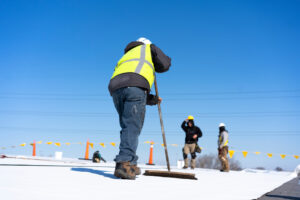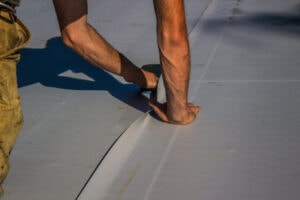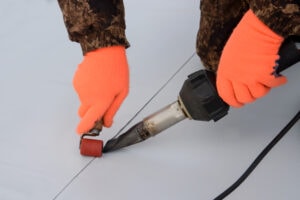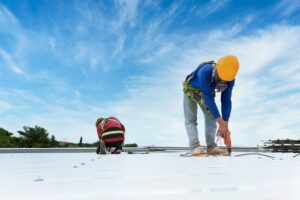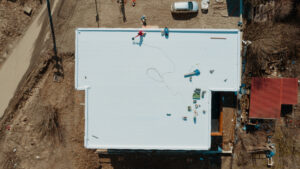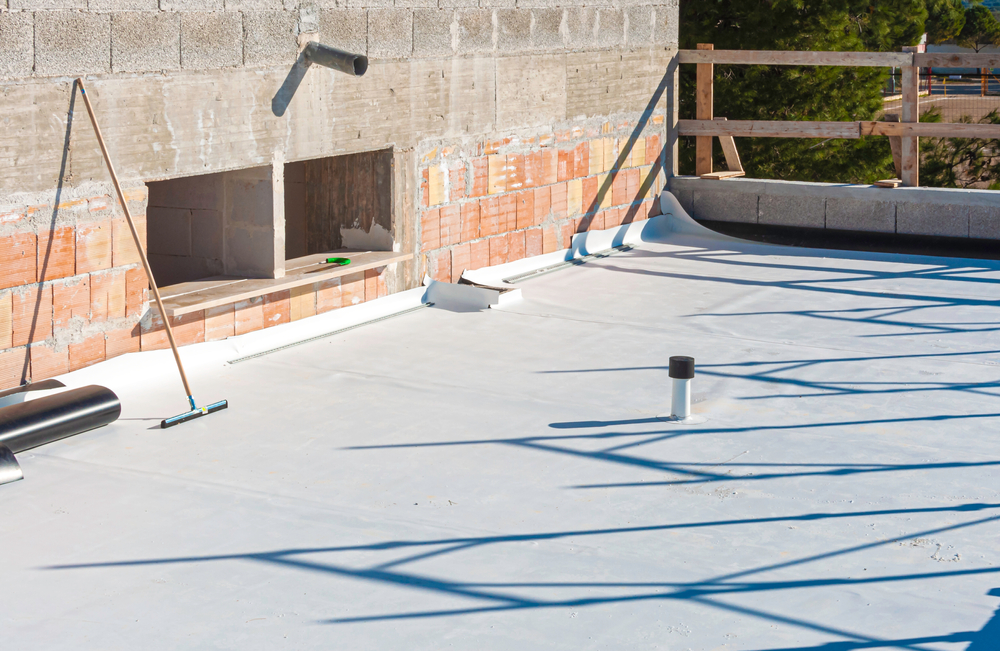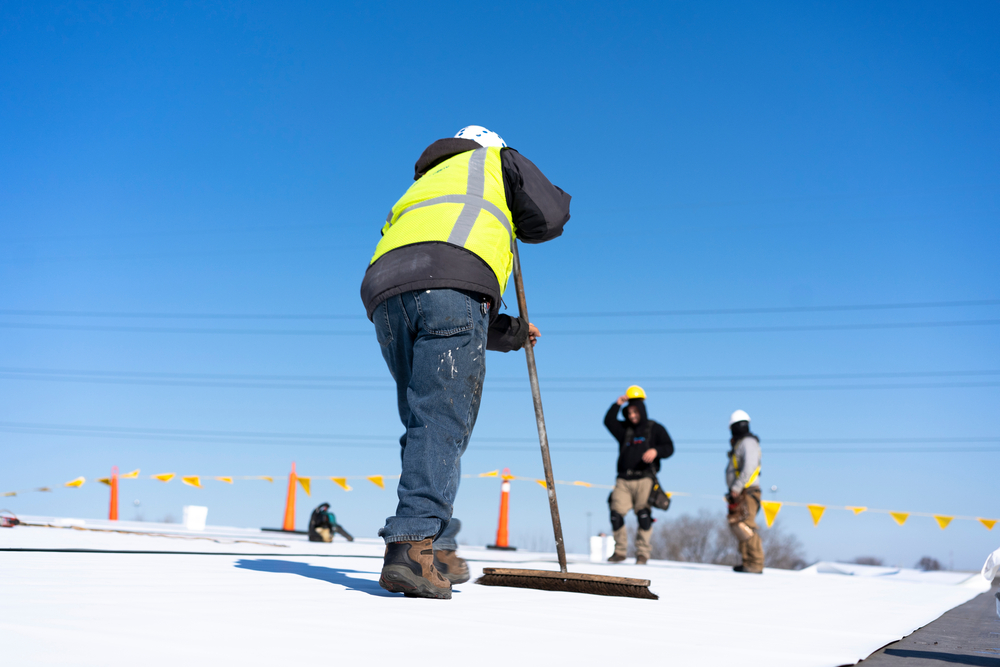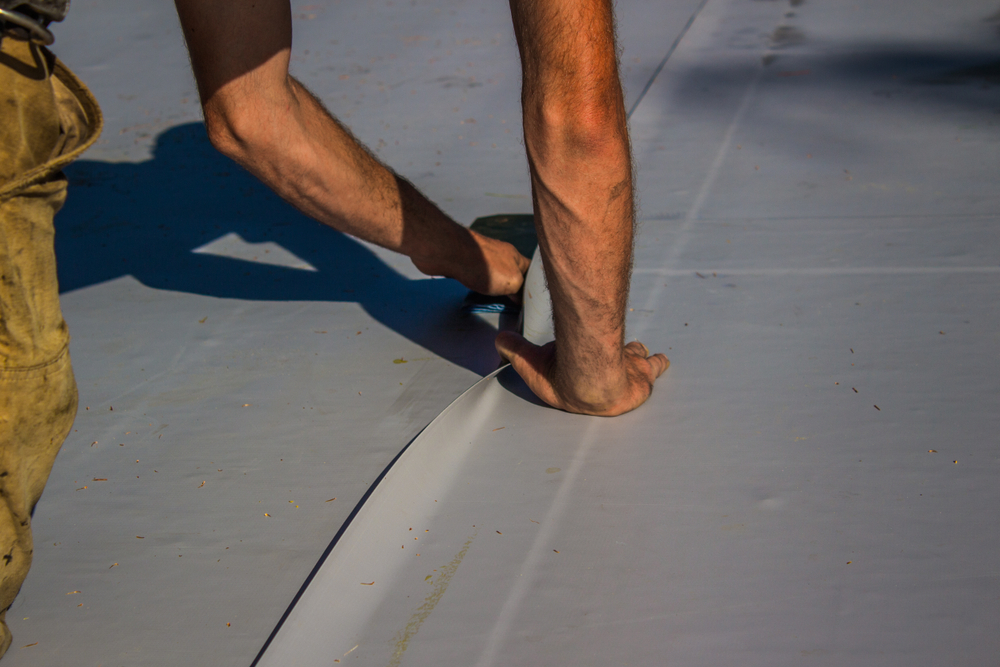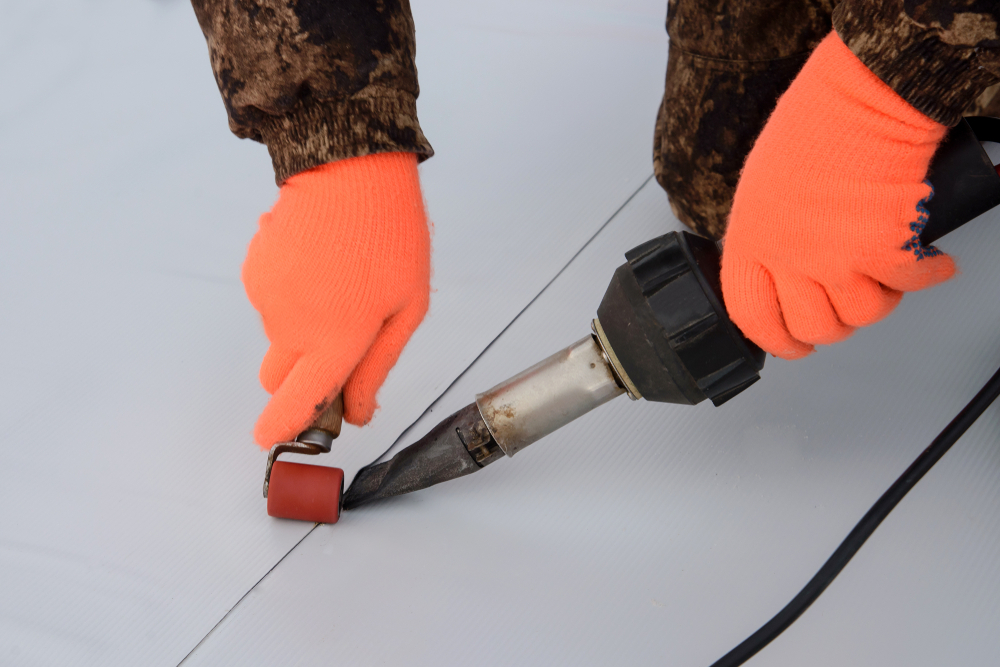We’re Answering Some of the Top PVC Roofing Questions
PVC roofing has been in use in the U.S. since the 1970s, when it was first introduced from Europe. In that time, it quickly grew in popularity to become one of the most popular materials used in flat and low-slope roofing systems. Despite its ubiquity, however, we still often get questions about this material. What is PVC roofing, exactly? How long does it last? And is it right for my roof?
As leading commercial roofing experts in Pennsylvania and the Mid-Atlantic, we know it’s important to educate our customers about their roofing system. Since PVC is so popular as a roofing material, it’s possible that your commercial roof uses—or that you may be considering installing it on your roof. To better inform you about this roofing material, here are answers to some of the most common PVC roofing questions.
What Is PVC Roofing?
PVC stands for polyvinyl chloride, and it’s the third-most common polymer of plastic produced in the world today. When used as a roofing material, PVC is produced in rolls of membrane that are applied as a single-ply roofing material.
While PVC itself was invented in 1913, it didn’t see use as a roofing material until the 1960s. It quickly emerged as a popular material, however, and hit the U.S. market soon afterward in the following decade. Beginning in the 1970s, PVC roofing became increasingly common in the United States for installation on commercial buildings with flat or low-slope roofing systems.
Is PVC a Good Roofing Material?
PVC is an excellent roofing material for many commercial buildings due to its durability, ease of installation, water resistance, and lifespan of 20+ years.
Following its introduction, PVC became popular in the commercial roofing industry. A lightweight roofing material, it is relatively easy to install—much less labor-intensive than other common materials at the time, such as built-up roofing systems.
The installation of a PVC roof membrane brings numerous advantages:
- High fire resistance
- Water resistance due to heat-welded seams
- Durability and wind resistance
- Resistance to chemicals commonly produced in industrial processes
Additionally, PVC roofing has maintained a large degree of popularity thanks to its naturally white color. While this largely went unnoticed when it was first adopted, today light-colored roofs are favored as a means of producing a cooling effect and saving on energy costs.
How Long Does a PVC Roof Last?
Compared to other types of single-ply roofing, PVC roofing generally lasts longer, with most PVC roofs expected to last for more than 20 years and often up to 30 years with proper maintenance and care. This longer expected service life provides another reason why PVC roofing has maintained its popularity since its introduction as a commercial roofing material.
What’s the Difference Between PVC and TPO Roofing?
PVC and TPO roofing have many similarities, as both are naturally lightweight single-ply roofing membranes commonly available in white. However, they differ in a few key areas: PVC is more resistant to damage from fire and chemicals, with a slightly lower installation cost, while TPO is more resistant to tearing and impact damage.
As with most things in commercial roofing, the right material will come down to your specific needs. For instance, if you’re in an area where hail is a larger threat, TPO may be the best solution. However, if your building is at a higher risk of fire or could expose your roof to more chemical fumes, PVC is likely the better option.
What Can PVC Do for My Roof?
Introduced in the U.S. around 50 years ago, there are many good reasons why PVC roofing continues to be favored in the commercial roofing industry. However, in order to get the most from a new PVC roofing system, it’s crucial to work with a contractor who can not only install your PVC roof successfully, but care for it throughout its lifespan.
At Moser Roofing Solutions, we specialize in helping business owners maximize the value from their flat and low-slope commercial roofing systems. Our skilled roofing craftsmen provide not only top-quality installation, but a complete commercial roof maintenance program that will ensure that your PVC roof performs at its best throughout the years of its service life.
If you think PVC roofing may be the right material for your needs, or if you still have questions, contact our roofing experts today.

